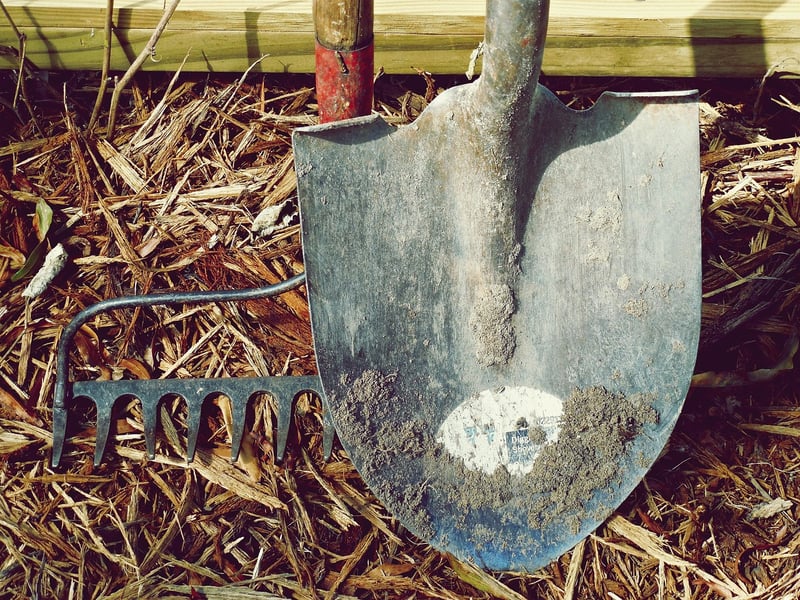Soil Management
The Importance of Plant Maintenance and Soil Management
Introduction
Plant maintenance and soil management are crucial aspects of gardening and landscaping that directly impact the health and growth of plants. By understanding the essentials of plant care and soil health, you can create a thriving and sustainable garden or landscape.
Plant Maintenance
Proper plant maintenance involves regular care and attention to ensure the well-being of your plants. Here are some essential tips for effective plant maintenance:
1. Watering
Water your plants regularly, ensuring they receive an adequate amount of water based on their specific needs. Overwatering or underwatering can harm plants, so it's essential to find the right balance.
2. Pruning
Regular pruning helps promote healthy growth, shape plants, and remove dead or damaged branches. Use sharp, clean tools to avoid damaging the plants.
3. Fertilizing
Provide plants with the necessary nutrients by fertilizing them regularly. Choose a fertilizer that matches the specific needs of your plants and follow the recommended application rates.
4. Pest and Disease Control
Monitor your plants for signs of pests and diseases and take prompt action to address any issues. Use natural or organic pest control methods whenever possible to minimize harm to the environment.
Soil Management
Healthy soil is the foundation for strong and vibrant plants. Proper soil management practices can improve soil quality and support plant growth. Here are some soil management tips:
1. Soil Testing
Conduct soil tests to determine the pH level and nutrient content of your soil. Based on the test results, you can adjust the soil pH and nutrient levels to create an optimal growing environment for your plants.
2. Mulching
Apply a layer of mulch around your plants to help retain soil moisture, suppress weed growth, and improve soil structure. Organic mulches also decompose over time, adding nutrients to the soil.
3. Composting
Start a compost pile to recycle organic waste and create nutrient-rich compost for your garden. Compost improves soil fertility, enhances soil structure, and promotes beneficial microorganisms.
4. Crop Rotation
Practice crop rotation to prevent soil depletion and reduce the buildup of pests and diseases. Rotate your plantings each season to maintain soil health and diversity.
Conclusion
By prioritizing plant maintenance and soil management, you can create a sustainable and thriving garden or landscape. With proper care and attention, your plants will flourish, and your soil will remain healthy and productive for years to come.

For more information on plant maintenance and soil management, check out our website.
